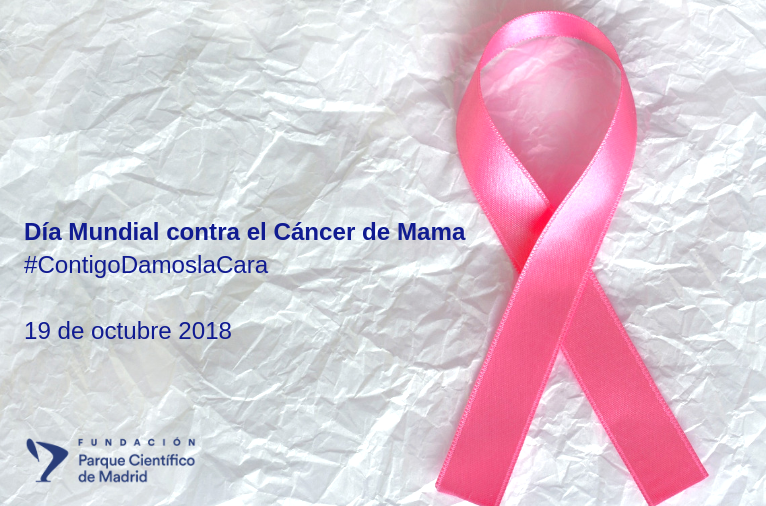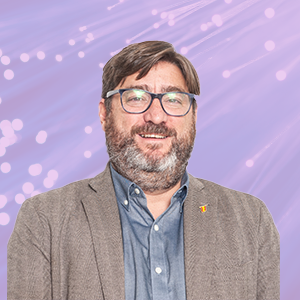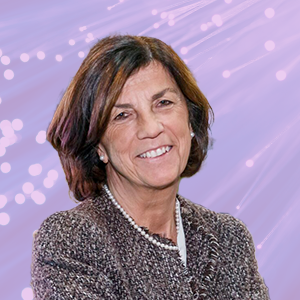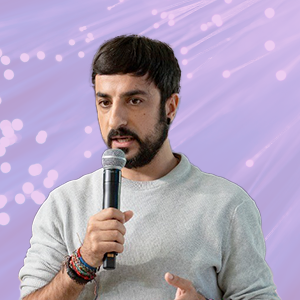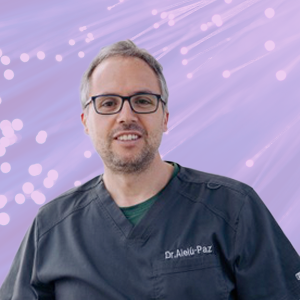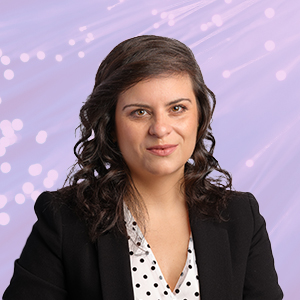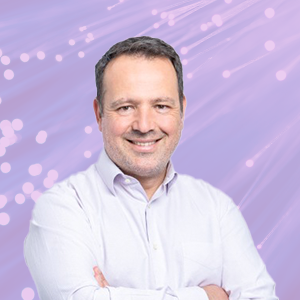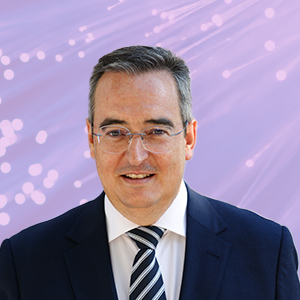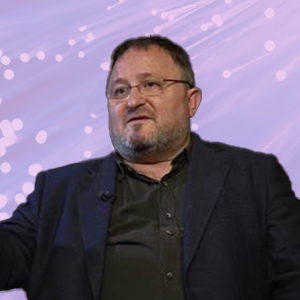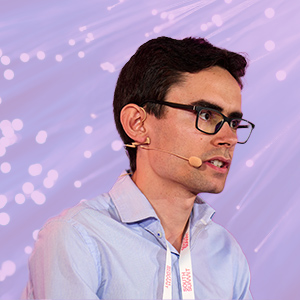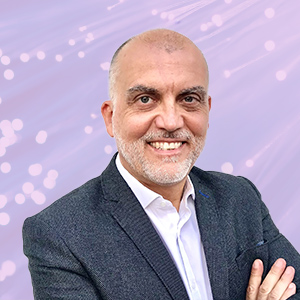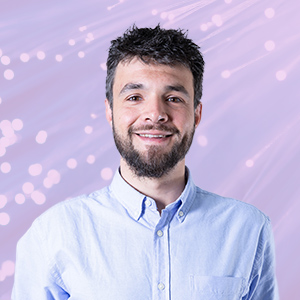On the occasion of the World Breast Cancer Day, the Madrid Scientific Park Foundation reviews the work carried out by 5 of its installed companies in various studies, works, and scientific advances to combat breast cancer, the most frequent oncological disease in the female population and the leading cause of mortality from any tumor in women: in Spain alone, according to data provided by the Spanish Association Against Cancer, around 32,825 new breast cancers are diagnosed each year.
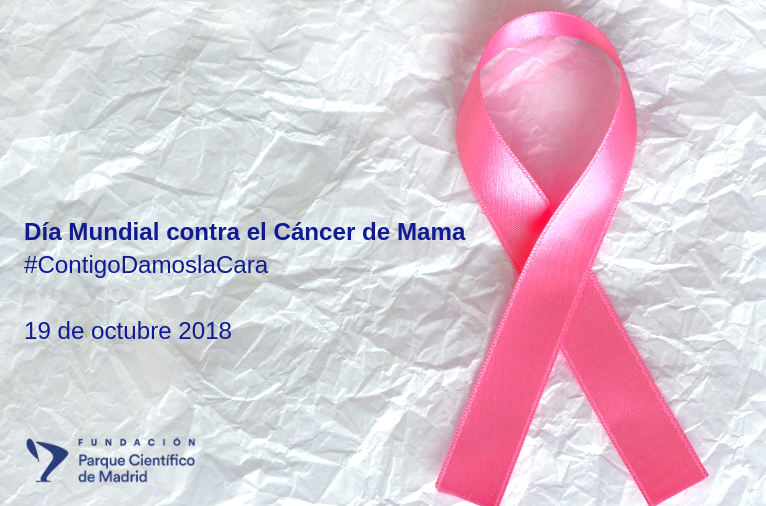
In its effort to contribute to a better society, the Advanced Materials group of FUNDITEC is working on the innovative project HypoSens, which aims to develop a device that non-invasively replaces surgery in detecting breast cancer metastasis. Its methodology is still in the development phase and aims to validate, preclinically, clinically, and industrially, a rapid and low-cost diagnostic system capable of specifically detecting cancer cells in lymph nodes, monitoring real-time metabolic parameters that correlate with cancer prognosis.
The European HypoSens project, which is currently in its second year of execution, will end in November 2019 and is funded by the European Union through the Horizon 2020 program.
NIMGenetics is a company that focuses on prevention, early diagnosis, and treatment of hereditary breast and ovarian cancer. It is currently estimated that between 5% and 10% of all cancers are hereditary. The presence of alterations in the BRCA1 and BRCA2 genes is the main cause of hereditary breast and ovarian cancer (HBOC). Therefore, patients predisposed to developing HBOC can be identified early through the analysis of these genes. Likewise, when the patient has already developed cancer, therapeutic or surgical measures are conditioned by the presence or absence of alterations in BRCA1 or BRCA2, which can be of two types: point mutations and large rearrangements (also called CNVs Copy Number Variations). For all these reasons, the detection of these genetic alterations in BRCA1 and BRCA2 determines clinical decision-making for prevention, early diagnosis, and treatment of hereditary breast and ovarian cancer.
NIMGenetics has developed OncoNIM® BRCA Prevent, a genomic tool capable of quickly and effectively detecting genetic alterations that allow the specialist to act early and establish the most appropriate measures for the patient. It is a comprehensive approach that allows the simultaneous study of point mutations and CNVs in BRCA1 and BRCA2 through latest-generation massive sequencing.
The biopharmaceutical laboratory Allinky develops new antitumor drugs in the field of personalized medicine. Specifically, it has a new experimental drug for advanced breast cancer that is positive for the Ras tumor marker. The drug has shown excellent efficacy in animal models. Allinky, committed to the fight against breast cancer, develops drugs “to prevent the death of more than 400,000 people annually from breast cancer worldwide”.
InnoHealth Group specializes in the development of new dermo-cosmetic combinations based on high value-added natural ingredients. For this, they have designed novel platforms based on complex biological systems capable of predicting synergistic activities of active ingredients.
The SkinXCare project by innoHealth proposes the development of the first effective treatment based on cellular proteome and kinome to reduce skin damage caused by radiotherapy, thanks to a pioneering patented platform that integrates in vitro and in silico tools (SimDerma-INCOS). The combined use of these tools allows for the development of the first formulation to combat radiodermatitis, thanks to skin regeneration through repair, redistribution, repopulation, and reoxygenation.
medmesafe is an online predictive medicine platform that offers genetic analysis and counseling services.
At medmesafe, they work to raise awareness about this new paradigm among potentially affected people (women, men, and families) and to provide the necessary means for doctors to improve their practice by performing more predictive, preventive, personalized, and participatory medicine.
The 5-year survival rate for breast cancer is 9 out of 10 cases. That’s why the company believes that “Early diagnosis is crucial”. The challenge is to reduce the 26,370 breast cancer cases diagnosed in 2017 in Spain and to continue increasing survival rates.
Lastly, the Genomics Platform of the FPCM is also currently collaborating on the BrecanRisk project, driven by the Valencian company ASCIRES Sistemas Genómicos, conducting genetic analysis on about 500 breast cancer patients to detect blood biomarkers that allow for an individualized diagnosis tailored to each case.

